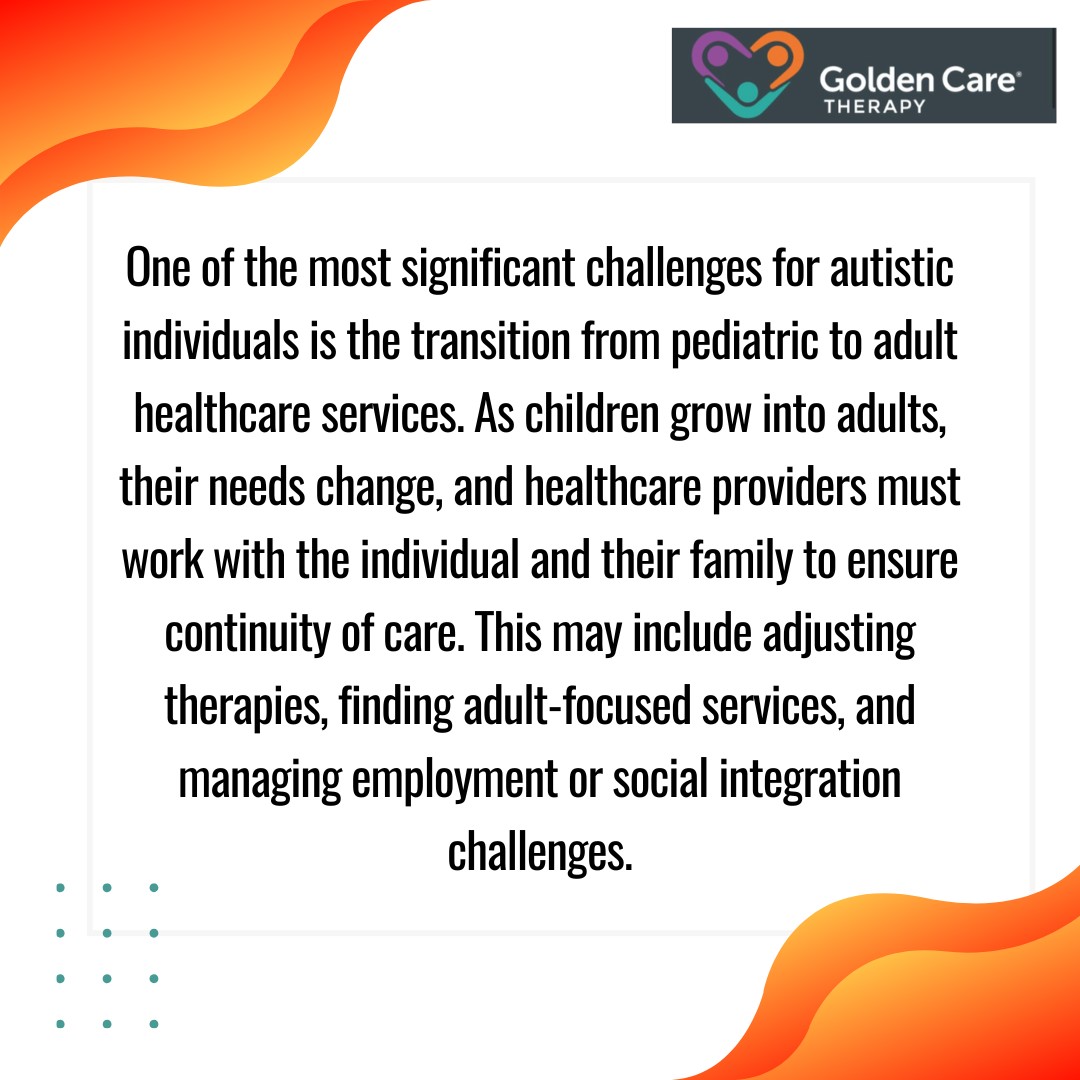Accessing the right health services can make a world of difference for individuals with autism and their families. From early intervention programs to specialized therapies, these services play a vital role in fostering growth, independence, and well-being.
However, navigating the maze of options, resources, and support systems can feel overwhelming. So, how exactly do you know what’s best?
Types of Health Services for Autistic Individuals
Autistic individuals often require a combination of services tailored to their unique needs. These services may vary depending on the age of the individual, the severity of their symptoms, and other factors like co-occurring conditions.
Health services can range from medical treatments to therapeutic interventions that focus on improving communication, behavior, and social skills. One such area of focus is addressing overeating, a common challenge that can be managed through various therapeutic approaches. Let’s look at some of the most common health services available.
Medical professionals play a significant role in diagnosing autism and managing related health conditions. Diagnosis typically involves a comprehensive assessment that includes behavioral observations, developmental history, and sometimes, diagnostic tools.
Pediatricians, neurologists, and psychologists work together to provide a complete diagnosis, often in collaboration with families and educational professionals.
Additionally, some individuals may experience co-occurring medical conditions, such as epilepsy, gastrointestinal issues, or sleep disorders. In these cases, specialized medical care may be required to manage these challenges alongside the autism symptoms.

Behavioral Health Services for Autism
One of the core components of autism treatment is behavioral therapy, which focuses on improving specific behaviors, social skills, and adaptive functioning.
Applied Behavior Analysis (ABA) is one of the most widely used and researched therapies for autistic individuals. ABA therapy focuses on reinforcing positive behaviors while minimizing harmful ones, through a structured program of rewards and reinforcements.
Therapies such as speech therapy and occupational therapy also fall under behavioral health services. Speech therapy is vital for individuals with autism who have communication difficulties, helping them improve both verbal and nonverbal communication.
Occupational therapy, on the other hand, assists with developing fine motor skills, sensory integration, and daily living skills.
Psychological and Psychiatric Services
Psychological services, including counseling and therapy, help individuals manage the emotional and mental health challenges that often accompany the disorder.
Autistic individuals are at a higher risk for conditions like anxiety, depression, and OCD, thus making mental health support essential. Psychologists and psychiatrists may use cognitive-behavioral therapy (CBT) or other therapeutic techniques to address these concerns and improve the individual’s quality of life.
Psychiatric services may also involve medication management. While there is no cure for autism, medications may be prescribed to manage co-occurring conditions, such as anxiety, hyperactivity, or impulsivity.
Medications like selective serotonin reuptake inhibitors (SSRIs) or stimulants can help alleviate some symptoms, but they are often used in conjunction with other therapies.
Early Intervention and Autism Treatment
Early intervention is widely recognized as one of the most effective ways to improve outcomes for children with autism. The earlier the intervention, the better the chances for success in addressing developmental delays and behavioral challenges.
Early intervention services typically focus on enhancing communication, cognitive, and social skills to help the child engage with their peers and family members.
That said, families play an integral role in early intervention. Parents and caregivers are often the first to notice the signs of autism and seek help. As partners in the treatment process, they work closely with healthcare professionals to implement strategies at home.
Family-centered practices ensure that interventions are customized to meet the specific needs of the child and the family, improving the overall experience and effectiveness of treatment.
The Importance of Ongoing Support and Healthcare for Autism
While early intervention is critical, ongoing support is also essential for individuals with autism throughout their lives. The needs of individuals often evolve as they grow older, and their treatment plans must adapt accordingly.

Even as autistic individuals age, behavioral and psychological support remains vital. For many individuals, behavioral therapies continue to be part of their treatment plan throughout adolescence and adulthood.
These therapies help manage behaviors, enhance communication, and provide support in navigating life challenges, such as living independently or maintaining relationships.
Psychological support also continues, as individuals may face difficulties with mental health or emotional regulation. Counseling or therapy may address anxiety, depression, or other conditions that can affect their well-being, ensuring they have the tools to cope with stressors.
Overcoming Barriers to Accessing ASD Services
Overcoming barriers to accessing autism services requires both systemic changes and individualized support. Governments, healthcare providers, and advocacy organizations must work together to ensure that individuals with autism have equal access to the services they need.
This might include offering financial assistance, increasing the availability of specialized providers, and providing resources to families navigating the healthcare system.
Insurance coverage is a key factor in determining access to health services for autistic individuals. Many insurance plans now cover ABA therapy, speech therapy, and other essential services, but coverage can still be inconsistent across providers and regions.
As such, families should advocate for comprehensive coverage of ASD services and be aware of their rights under state and federal laws.
Telemedicine and online therapy services have become increasingly popular as well, especially for families in remote areas or those who face mobility challenges. These technologies make it easier to access therapists, doctors, and support groups without having to travel long distances.
The Future of Autism and Health Services
As our understanding of autism continues to evolve, so too will the landscape of health services for individuals on the autism spectrum. Advances in research, technology, and therapy techniques are continually improving how health services are delivered.
For example, genetic studies may soon lead to more personalized approaches to treatment, while innovations in virtual reality could provide new methods for social skills training.
With advancements in medical, behavioral, and psychological treatments, as well as increasing access to services, individuals are better equipped to lead fulfilling and independent lives.
Continued research, advocacy, and collaboration are key to improving the future of health services for those with autism. At Golden Care Therapy, we are committed to providing high-quality ABA therapy services tailored to meet the unique needs of every individual.
Whether you’re looking for an ABA therapist in Indiana, New Jersey, New York, Georgia, or Florida, we’re here to help. Reach out to us today to learn how we can support your family with compassionate, evidence-based care.



